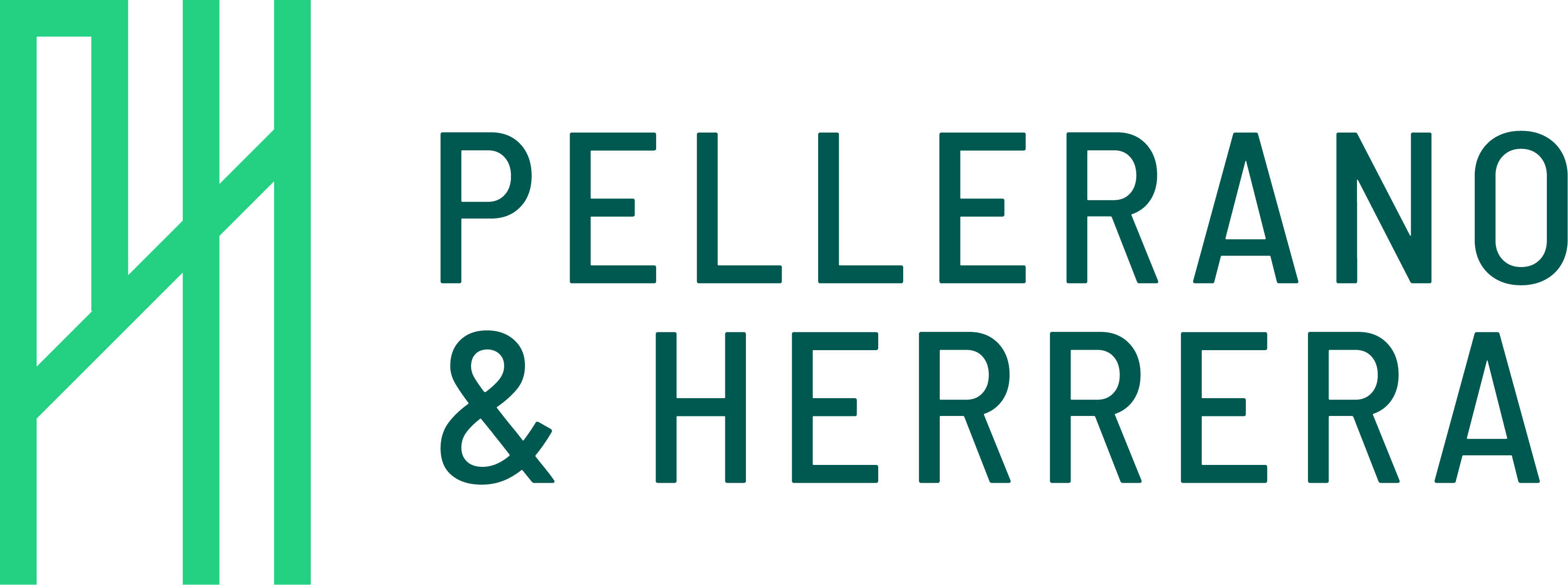Transforming the business sector with the new Green Taxonomy in the Dominican Republic
In recent years, sustainability has become a central issue on the agendas of governments, businesses, and international organizations. In line with the United Nations’ Sustainable Development Goals (SDGs) for 2030 and the Paris Agreement, the Dominican Republic has taken a significant step forward with the implementation of the Green Taxonomy, an instrument designed to direct financial flows toward sustainable projects and activities.
What is the Green Taxonomy?
The Green Taxonomy is a framework that classifies economic activities based on their contribution to specific environmental objectives, such as climate change mitigation, adaptation, ecosystem protection, and sustainable resource use. Inspired by similar initiatives in the European Union, this tool aims to standardize criteria that help identify genuinely sustainable projects and activities, preventing “greenwashing”—a practice where companies, products, or activities are misleadingly presented as more environmentally friendly than they actually are.
In the Dominican Republic, the Green Taxonomy was launched by the Superintendency of the Securities Market (SIMV) and the Ministry of Environment and Natural Resources (MMARN), with support from the International Finance Corporation (IFC). This initiative was established through two key resolutions: R-NE-SIMV-2024-04-MV from the Superintendency of the Securities Market and Resolution No. 0017/2024 from the Ministry of Environment.
Benefits for Local Businesses
The implementation of the Green Taxonomy presents an opportunity for Dominican companies to adopt sustainable practices and gain access to new markets and funding sources. The key benefits include:
- Access to sustainable financing
Many international and local financial institutions are prioritizing projects aligned with environmental criteria. The Green Taxonomy enables companies to demonstrate their commitment to sustainability, improving their chances of securing green loans, sustainable bonds, and other forms of responsible financing. A recent example is the Dominican Ministry of Finance’s issuance of $750 million in green bonds in June 2024—the first of its kind in the country. This issuance received strong support from international capital markets, providing funds for projects aimed at addressing climate change and environmental protection. - Enhanced corporate image and competitiveness
Adopting the Green Taxonomy can significantly boost a company’s corporate image. In an increasingly environmentally conscious market, businesses that align with sustainability standards can stand out as industry leaders, attracting consumers and business partners who value environmental responsibility. - Reduction of regulatory risks
Complying with the Green Taxonomy’s standards ensures that companies align with environmental regulations, reducing the risk of fines and litigation. This compliance provides greater operational stability and protects businesses from potential future regulatory changes that may impose stricter environmental requirements. - Operational efficiency and cost savings
Implementing green technologies and sustainable practices can lead to greater operational efficiency. Optimizing resource use and reducing waste not only benefits the environment but also generates significant cost savings, improving long-term profitability. - Access to international markets
Companies that adopt the Green Taxonomy can tap into new international markets that prioritize sustainability. Dominican businesses can benefit from export opportunities and partnerships with countries and companies that uphold high environmental standards, expanding their reach and growth potential. - Long-Term sustainability promotion
The Green Taxonomy encourages a long-term approach where businesses not only seek immediate economic benefits but also ensure their future viability. This holistic perspective ensures that companies make positive contributions to the environment and society, fostering sustainable and equitable economic growth.
Impact on attracting foreign investment
The Dominican Republic is an attractive destination for foreign investment due to its strategic location, political and economic stability, and diverse business opportunities. With the implementation of the Green Taxonomy, the country strengthens its position as a regional leader in sustainability, making it especially appealing to investors who prioritize ESG (Environmental, Social, and Governance) criteria.
International investors are increasingly looking for projects that meet clear sustainability standards. The Green Taxonomy provides this framework, ensuring that investments align with global objectives such as decarbonization and natural resource preservation. This initiative not only enhances transparency but also paves the way for public-private collaborations in sectors such as renewable energy, sustainable infrastructure, and the circular economy.
A path to growth, innovation, and competitiveness
The new Green Taxonomy in the Dominican Republic marks a turning point in how investments and business activities are conceived in the country. This framework not only drives sustainable development but also positions the Dominican Republic as a regional benchmark for attracting responsible investments.
For local businesses, adopting the Green Taxonomy represents an opportunity for growth, innovation, and competitiveness in an increasingly demanding global market. Likewise, foreign investors will find in the country a reliable partner committed to sustainability and responsible development.
Sustainability is no longer just an option—it is a necessity. The Green Taxonomy serves as a roadmap to ensure that economic progress goes hand in hand with environmental protection, and Dominican companies have the opportunity to lead this transformative change.

